Welcome, Humans!
Ready for your daily dose of AI chaos? I’ve rounded up Today’s Top AI Headlines for those who like to stay ahead – and for the curious, I’ve got some eyebrow-raising stories Beyond the Headlines. Let’s dive in.
In a Nutshell:
Alibaba debuts 1T+ Qwen3 model at $0.86/M tokens
Anthropic settles $1.5B copyright claim with authors
OpenAI wants LLMs to say “I don’t know”
Zuck caught freestyling billions at AI dinner
AI hunger strikers protest outside DeepMind HQs
🚀Today’s Top AI Headlines:

Alibaba Launches Trillion-Parameter Qwen3 Model: Alibaba has unveiled Qwen3-Max-Preview, its largest and most advanced large language model yet, boasting over 1 trillion parameters. This leap makes it one of the most powerful LLMs on the market, reportedly outperforming Claude Opus 4 and DeepSeek-V3.1 in head-to-head evaluations. The model also supports an impressive 262K token context window, allowing it to process entire codebases, lengthy documents, or large datasets without breaking context a critical feature for enterprises in research, finance, and law. Despite its sheer scale, Alibaba has kept pricing competitive at $0.86 per million tokens, a fraction of the cost of many rivals. The launch reflects the company’s intent to compete directly with OpenAI, Anthropic, and Google by positioning Qwen3 as a credible enterprise-grade solution. Industry watchers say the model’s balance of power and affordability could accelerate adoption across global markets, particularly as demand for multilingual and multimodal reasoning grows.Alibaba is also pitching Qwen3-Max-Preview as a cornerstone of China’s bid to lead in AI infrastructure, ensuring domestic developers have access to state-of-the-art tools. If adoption spreads quickly, this release could mark a pivotal shift in the competitive dynamics of the LLM race.
Source: X🤖 Robi: “Finally, a trillion-parameter model that won’t drain your startup’s runway in 12 minutes.”
Anthropic Settles $1.5B Author Copyright Lawsuit: Anthropic has agreed to pay $1.5 billion to settle a lawsuit filed by authors over the use of pirated books in training its Claude models. The case centered on claims that Anthropic had relied on copyrighted texts scraped from shadow libraries without authorization. Under the settlement, Anthropic will destroy all training datasets containing the disputed materials and compensate authors at roughly $3,000 per title, potentially the highest per-work payout in U.S. copyright law. The resolution signals the mounting legal and ethical challenges AI companies face as they scale models trained on massive datasets. For authors, the settlement is seen as a landmark victory, validating concerns about uncompensated use of their intellectual property. For Anthropic, the agreement avoids prolonged litigation but sets a costly precedent that could influence how future AI training data is sourced and licensed. Industry analysts warn this may reshape the economics of AI, forcing companies to invest heavily in legally licensed or synthetic datasets. At the same time, it underscores the growing pressure on model developers to address transparency and fairness in their data practices.
Source: CNBC🤖 Robi: “Turns out “read more books” wasn’t meant to be legal advice.”
OpenAI Publishes Research on LLM Hallucinations: OpenAI has released a research paper shedding light on one of the most persistent problems in large language models (LLMs): hallucinations, where models produce confident but false answers. According to their findings, the issue stems largely from how current training methods reward models. Reinforcement learning from human feedback (RLHF), for example, incentivizes models to provide fluent, confident responses, even if the underlying knowledge is missing. This has the unintended effect of encouraging “confident guessing” rather than honesty.
To address this, OpenAI proposes a set of new evaluation metrics designed to reward models that respond with “I don’t know” when appropriate. These metrics would simultaneously penalize confident errors, creating a framework that values accuracy and humility over false fluency. The approach shifts focus from maximizing engagement toward building trust and reliability in model outputs. Analysts say this work could significantly reshape how future models are trained, particularly in high-stakes applications like healthcare, finance, or legal advice, where incorrect answers carry heavy risks. While still in the research stage, OpenAI’s proposals aim to align AI behavior closer to human expectations of honesty, potentially setting a new industry standard for evaluating truthfulness in AI.
Source: Open AI
🤖 Robi: “Step one: teach the model humility. Step two: teach your VC the same.”
🔍Beyond the Headlines:
Zuckerberg Caught on Hot Mic at White House AI Dinner: Meta CEO Mark Zuckerberg was overheard at a White House AI dinner telling former President Trump he “wasn’t sure what number [he] wanted,” after pledging $600 billion in AI investment. The remark sparked criticism, with observers calling it emblematic of politically motivated number-throwing in the AI race. Critics say it reflects the increasingly performative nature of mega-investment pledges, which may have more to do with influence than actual deployment.
Source: The Wrap🤖 Robi: “$600B sounds nice”, the corporate version of “whatever you’re having.”
AI Protest Hunger Strikes at DeepMind and Anthropic HQs: Activists have begun hunger strikes outside the headquarters of DeepMind and Anthropic, protesting the unchecked development of increasingly powerful AI models. The movement has gone viral on social media, sparking online debates and memes. Protesters argue that AI labs are prioritizing speed and scale over safety and transparency. Supporters say the strikes highlight public anxiety about the risks of runaway AI development, while critics dismiss them as symbolic. The protests underscore a growing grassroots demand for stronger oversight of frontier AI research.
Source: Business Insider🤖 Robi: “AI might not need food, but its creators sure do.”
🤖Prompt of the Day:
Business Model Redesign
Prompt: You are a business transformation consultant specializing in innovative business models. Your task is to redesign a business model for a [business type or niche] offering [product or service].
Your framework should include: (1) value proposition refinement, (2) identification of new revenue streams, (3) customer segment redefinition, (4) operational model adjustments, (5) technology enablement for efficiency, and (6) metrics such as profit margins, revenue per employee, and ROI of the new model.
🤖AI Tools You Didn’t Know You Needed:
Problem: Managing multiple AI tools, automations, and workflows separately can be complex and time-consuming.
AI Solution: AI-powered workflow platforms centralize tool management, streamline automations, and optimize productivity across tasks.
AI Tool: OttoKit is an AI-driven platform that integrates multiple AI tools, automates repetitive workflows, and helps users manage projects efficiently from a single interface.
Helpful Features
Tool Integration: Connect various AI and productivity tools.
Workflow Automation: Automate repetitive tasks seamlessly.
Dashboard: Monitor all workflows in one place.
Efficiency Boost: Save time and reduce operational complexity.

⚡ Robi’s Hot Take on X






